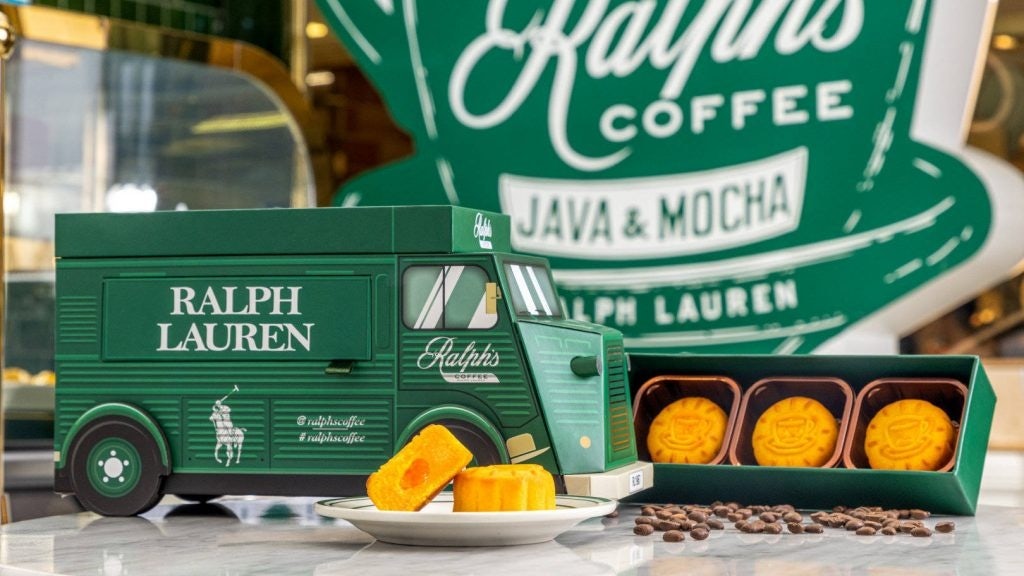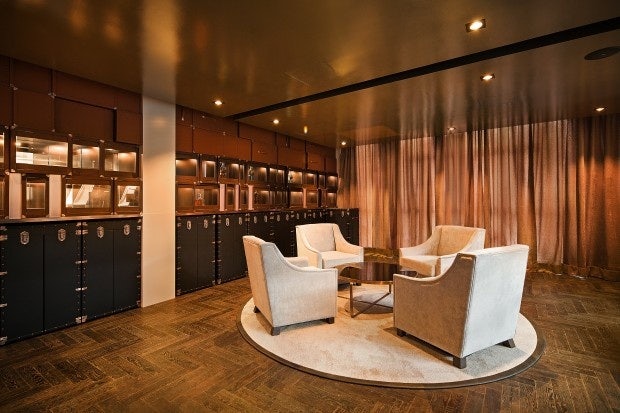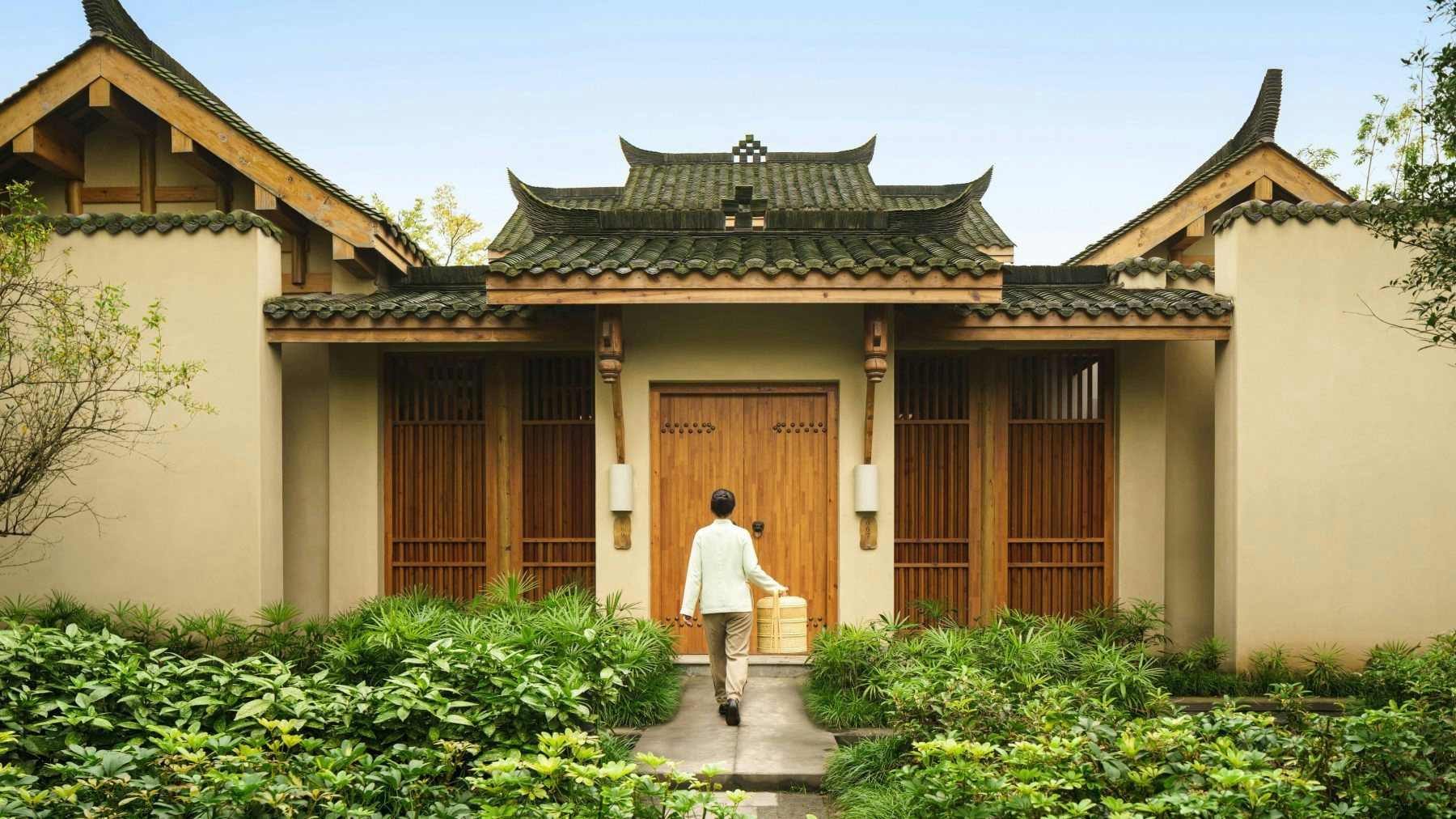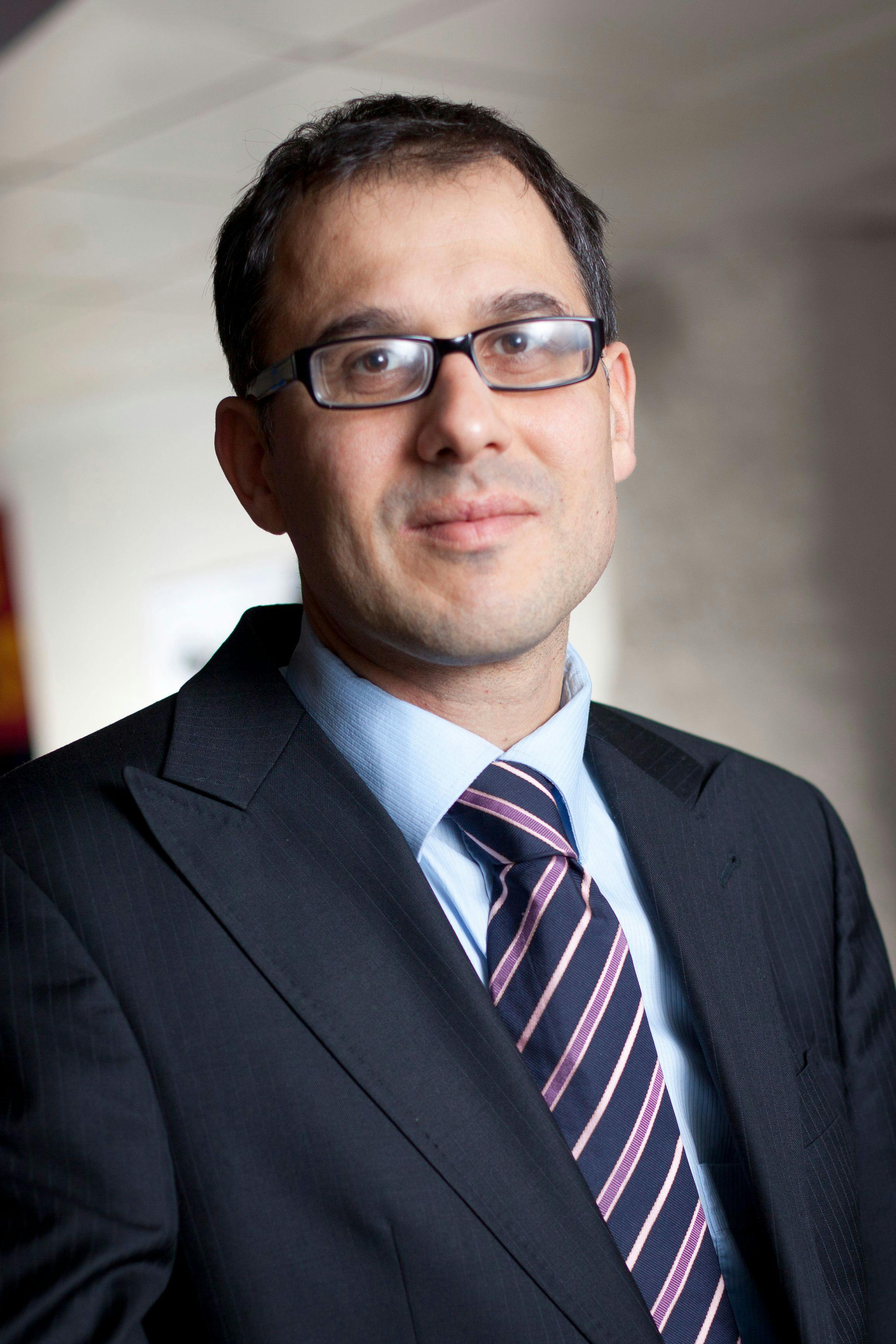Key Takeaways:#
Chinese consumers are searching for more exciting options to develop a personality shaped by branded experiences. We call these ‘wow effects' — seamless, luxury branded experiences.
Domestic tourism in China will remain buoyant as it unleashes powerful emotional reactions. In fact, 85 percent of Chinese travelers said their travel memories are some of the happiest of their lives.
Experience shareability has become a ‘must-have,’ particularly for younger cohorts who want to demonstrate their social status to a broad audience.
The pandemic has disrupted the global luxury market in diverse ways. Unsurprisingly, experiential luxury — conventionally defined as furniture, food & wine, fine dining, hotels, and exclusive vacations — took a massive hit to its bottom line. According to BCG-Altagamma, the value of experiential luxury plummeted by an unprecedented 50 percent in 2020 versus 2019. However, signs of recovery are apparent as consumers rediscover their desire for luxurious experiences. And this positive impetus will create new growth opportunities. BCG-Altagamma forecasts that experiential luxury will increase by 5-10 percent in 2023 versus 2019.
Nonetheless, it is likely to be misleading in viewing experiential luxury through a Western lens. There is often the misconception that experiential luxury takes off when consumers reach a certain saturation point with physical luxury products. Why buy another designer bag when the closet is already full?
Chinese consumers will surely still be won over by the allure of designer labels, and their need for more visible ‘bling’ is here to stay. Yet, it will be the growth and evolution of experiential luxury that could take China's luxury market to a higher level, and luxury executives need to be ready for this market transition. Here, we've outlined why experiential luxury in China will be more than just a gimmick.
Differentiation#
Product categories that are otherwise not accessible to the mass consumer, such as fine dining and interior design, have given rise to experiential luxuries. These luxuries can provide an exclusivity that is difficult to imitate, and the growing popularity of outdoor sports like skiing, surfing, and sailing is becoming highly aspirational leisure activities that differentiate consumers from less sophisticated luxury consumers, creating an in-group status.
Branded Experiences#
Chinese consumers are searching for more exciting options to develop a personality shaped by branded experiences. We call these events the ‘wow effect' — a seamless, luxury branded experience. Today, consumers expect luxury brands to deliver beyond their physical product offerings, and experiential luxury will become the norm for almost every luxury brand offering. Examples abound, including Tiffany’s Blue Box Café at its Shanghai flagship store or the recent opening of Ralph Lauren’s coffee store (Ralph's) in Beijing.

Domestic Tourism#
Travel restrictions in China have helped boost domestic tourism, notably in popular vacation destinations like Sanya. Tourism will remain buoyant as it unleashes powerful emotional reactions. In fact, according to a Hilton survey, 85 percent of Chinese travelers say their travel memories are some of the happiest of their lives.
However, vast infrastructure improvements will create the right conditions for further growth at the higher end of this spectrum. A survey by Horwath HT reveals there was robust growth in the upper-midscale hotel market on the Chinese Mainland in 2020. Hilton and Shimao Group Holdings Ltd. recently showed their confidence in this growth by launching four new luxury hotels in China: Waldorf Astoria Shenzhen, Conrad Shanghai, Conrad Wuhan, and Conrad Zhuhai.
Shareable Memories#
A visit to a Michelin-starred restaurant, a helicopter excursion, or just a relaxing night in a luxury hotel resort is not just a pleasurable memory, but they are also shareable memories. Experiential luxury stands out in the age of social media (晒), where social experiences matter more than ever if they are truly distinctive and highly engaging. Shareability has become a ‘must-have,’ particularly for younger cohorts, visually demonstrating social status to a broad audience.
Wellness#
McKinsey & Co. estimates the value of the global wellness market at more than 1.5 trillion, with an annual growth of 5 to 10 percent. In China, wellness is a top priority, with McKinsey & Co. reporting a 66.6 percent increase in wellness prioritization with Chinese respondents compared to 2-to-3 years ago.
For example, the Chinese fitness platform Keep now has over 300 million users. Wellness is not just a fad but will continue to flourish amongst the wealthy and aspirational rich. Brands such as Lululemon have already recognized this market's potential. But the growing focus on well-being will also continue to create new market spaces and stimulate demand at the higher end of these categories.
Knowledge#
The desire for knowledge will continue to underpin the demand for several experiential luxury sectors. For instance, the Johnnie Walker House in Chengdu offers sessions with the brand's Master Blender. Likewise, Six Senses Qing Cheng Mountain is a spa resort that offers 19 cultural experiences, including Qing Cheng Tea Crafting. Here, 'cultural capital' gets interwoven with the luxury experience.

Experiential luxury in China will increasingly evolve as a defining force for the overall luxury industry. However, there is too often a narrow definition of experiential luxury. But, fortunately, that is changing.
Category lines may blur, but perhaps in a symbiotic way. For example, a Savoir bed is more about wellness, a key factor in the ‘luxury sleep economy.’ Luxury brand managers need to think from the perspective of the consumer's overall experience to leverage this luxury market opportunity. To ignore aspects of experiential luxuriousness and luxury consumer emotions might forfeit a competitive advantage to other innovative businesses.
Glyn Atwal is an associate professor at Burgundy School of Business (France). He is co-author of Luxury Brands in China and India (Palgrave Macmillan).


